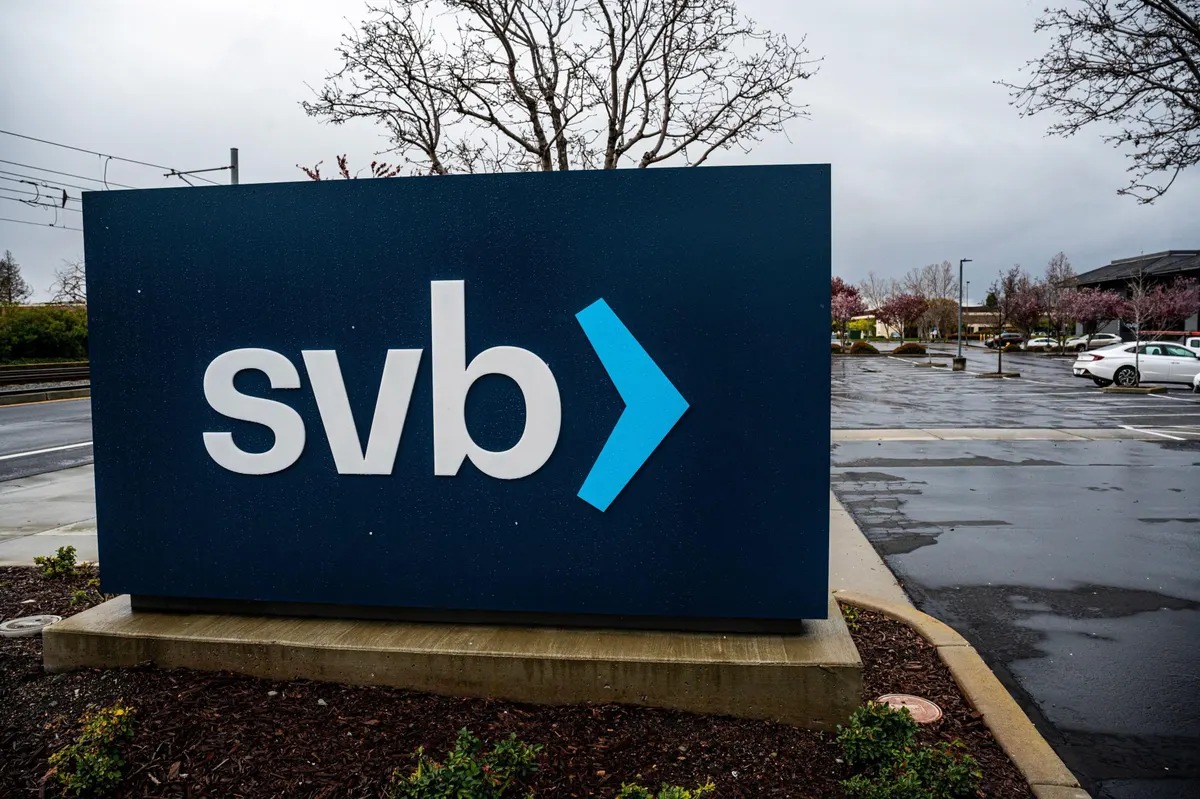BY BAWO EGBAKHUMEH
I recently visited Silicon Valley Bank, Scotland Yard and a few other financial and due diligence institutions in the United Kingdom that have been part of global compliance conversations in the last few months. As someone who develops policy as well as manages risk and compliance at the highest level, it is always important to have conversations with industry players as well as research new developments that affect the industry.
Albert Einstein once said: “The only mistake in life is the lesson not learned.” As the Silicon Valley Bank (SVB) collapsed due to several factors, including the loss of value of its investments and the withdrawal of large amounts of money by depositors, professionals, analysts, and observers raised a lot of questions. Are African governments and bank regulators prepared and capable of taking decisive actions to save their banks?
What is the likelihood of a ripple effect of the SVB crisis on African banks? Why did SVB bank remain without a substantive chief risk officer (CRO) for months during the crisis, and what is the role of the CRO in African banks? Is having a CRO in a bank optional or mandatory? How does the macro-economy affect bank portfolios? Do Nigerian banks have proactive compliance processes in place to deal with various risk exposures, and how do they manage communications with stakeholders to avoid a bank run?
Advertisement
Although we may not be able to answer all the questions about the SVB collapse, it is crucial for financial institutions to use this crisis as a case study and implement the learning points to guide against future crises. As the Nigerian banking industry is in a state of constant evolution, driven by changing customer needs, technological advances, and evolving regulatory frameworks, Nigerian banks can learn from the SVB collapse.
The role of conduct and compliance has become a critical issue for financial institutions, with increasing pressure to implement anti-corruption and illicit finance measures aimed at improving transparency and collaboration to detect and tackle financial crime. Reports suggest that SVB did not have a CRO for the last eight months of 2022 as it barreled toward collapse.
The CRO is the corporate executive tasked with assessing and mitigating significant competitive, regulatory, and technological threats to an enterprise’s capital and earnings, and their role cannot be overemphasised. Therefore, the Central Bank of Nigeria (CBN) should ensure that all Nigerian banks have experienced and highly qualified CROs and put in place substantive succession plans for CROs to guide against any major gap caused by the exit of a CRO, which could expose a financial institution.
Advertisement
Top executives of Nigerian banks should emphasize setting the right tone at the top on all conduct and compliance-related issues by building a culture of compliance that includes transparency in reporting financials. A compliance culture that is sustainable to regulatory guidelines, regulatory financial requirements, and best practices is essential.
Bank leaders must mirror this culture in Nigerian banks’ core values, and regulators must ensure compliance by holding leaders accountable for leading by example and practising what they preach. Nigerian banks can invest in training and development and promote a culture of transparency and openness, enabling them to manage risk, build trust with customers, and strengthen their reputation.
Nigerian banks can leverage technology to support compliance efforts by investing in modern tools and technologies such as biometric authentication, artificial intelligence, and machine learning.
These technologies can improve Nigerian banks’ ability to detect and prevent financial crime while enhancing the customer experience. In addition, the CBN should proactively and consistently carry out stress tests for Nigerian banks, including checking their metrics and data used for decision-making, to ensure protection against possible bank failure in case of an economic downturn or run on the bank.
Advertisement
Compliance officers and risk management teams in Nigerian banks need to upskill in risk management and go beyond “ticking the boxes” to have a global understanding of the banking system and the macroeconomy. Building scenarios proactively and carrying out stress tests to proactively deal with identified risks observed from the SVB collapse, including stress tests under interest rate risk, foreign exchange risk, market risk, and concentration risk, is necessary.
In conclusion, the collapse of Silicon Valley Bank offers important lessons for Nigerian banks. By learning from the mistakes made by SVB and other global banks, Nigerian banks can enhance their compliance capabilities, manage risk, and build trust with customers, investors, and regulators. Nigerian banks should prioritise the development of a strong risk management culture, diversify their investment portfolios, and invest in technology and innovation to better serve their customers.
Bawo Egbakhumeh is a senior anti-money laundering specialist & counter-fraud executive. She can be reached via [email protected]
Advertisement
Views expressed by contributors are strictly personal and not of TheCable.
Add a comment






